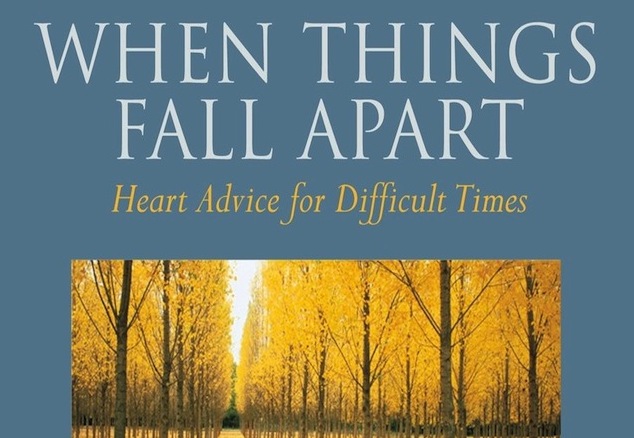When Things Fall Apart by Pema Chodron

In When Things Fall Apart, Pema Chodron, a Buddhist nun, tells this story—a story that came to mind as I was thinking about “One Art” by Elizabeth Bishop. It’s another take on this idea of practicing loss by looking at it differently. By considering that what looks and feels like loss might be something other than disaster.
Pema Chodron writes:
I read somewhere about a family who had only one son. They were very poor. This son was extremely precious to them, and the only thing that mattered to the family was that he bring them some financial support and prestige. Then he was thrown from a horse and crippled. It seemed like the end of their lives. Two weeks after that, the army came into the village and took away all the healthy strong men to fight in the war, and this young man was allowed to stay behind and take care of his family.
Life is like that. We don’t know anything. We call something bad; we call it good. But really we just don’t know.
I don’t think this means that we don’t grieve. Not that. Sorrow is sorrow. But I think it means holding with at least some tiny part of our mind the possibility that the way things seem might not be the full story. There might be a larger story that we can’t yet see. And it seems like writing can be a way to consider and imagine this larger story. What if the way things seem is not the way things really are?
